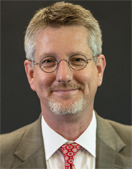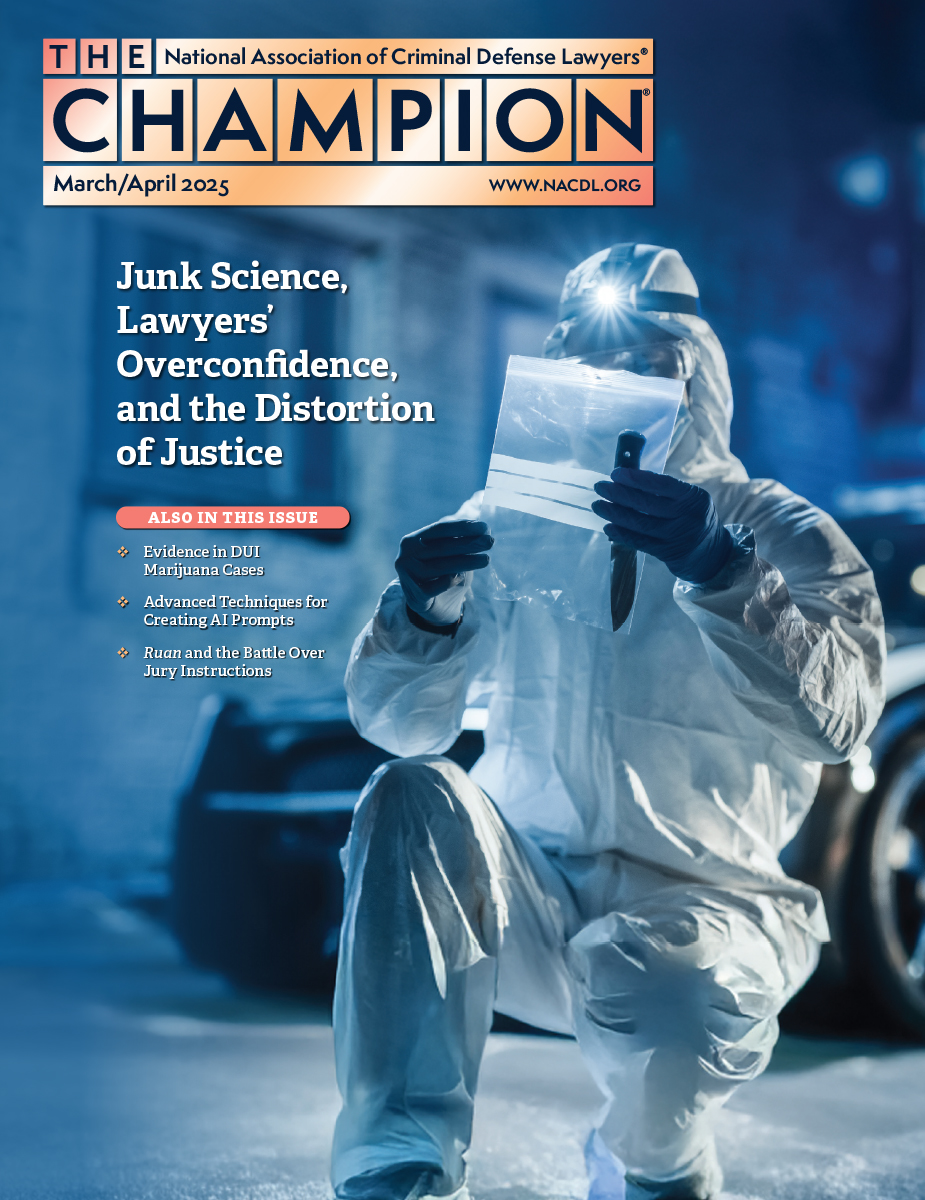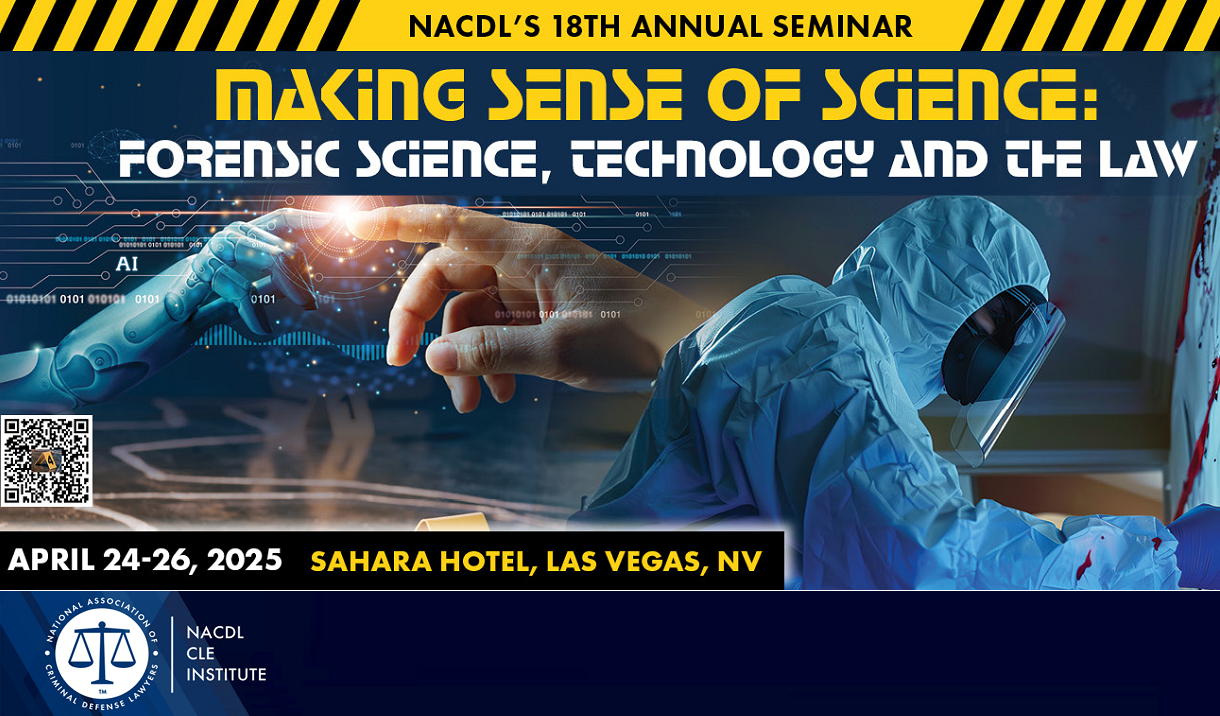
NACDL past president Chris Adams is a partner in the criminal defense law firm of Adams & Bischoff, L.L.C. in Charleston, SC.
Before starting his own practice, Adams was a public defender and non-profit lawyer for 15 years. From 2004-2007 he was the founding director of the Georgia Capital Defender, a public defense office defending indigent clients accused of capital murder. During his tenure, the office resolved 40 cases without a death verdict. From 2000-2004, Adams was a staff attorney at the Southern Center for Human Rights in Atlanta, where he defended people facing the death penalty throughout the Deep South. From 1992-2000, he was an assistant public defender in Charleston, SC.
Adams is a Life Member of NACDL and began serving on the Board of Directors in 2004.
He is also a faculty member at the National Criminal Defense College (NCDC), a co-founder and faculty member at the National College of Capital Voir Dire, and has taught as an adjunct law professor at several law schools. Adams is recognized for Criminal Defense in South Carolina by Superlawyers (2016-present).
Featured Products
-

Alcohol, Blackouts and Consent in Sex Cases
This comprehensive training program provides defense attorneys with a rigorous, science-backed approach to dismantling prosecutorial narratives, exposing unreliable testimony, and ensuring that juries are properly educated on the complexities of memory, intoxication, and consent. You'll explores critical mistakes and misconceptions encountered in these cases, including errors in memory reconstruction after an event, incorrect inferences, cognitive schemas, suggestibility, contamination and misinformation, mistakes of fact and more.
-

Overcoming the Presumption of Guilt and Defining Reasonable Doubt
Reasonable Doubt, what is it?
In order to win criminal cases, the defense practitioner must object to a reasonable doubt standard that lowers the burden of guilt. This program will discuss proven methods to argue and define reasonable doubt persuasively to a jury. You’ll learn how define reasonable doubt using metaphors and hypothetical scenarios that force juries to dispute the evidence, conflicts in the evidence, or even lack of evidence in your case.
-

The DIY of DNA: Exoneration Through DNA Evidence
This presentation might be the first time you’re truly able to truly grasp the fundamentals of DNA evidence. This critical presentation blends real-world storytelling with clear, practical instruction—making DNA evidence finally feel accessible, even to non-scientists—while inspiring attorneys to dig deeper, ask smarter questions, and approach forensic science with newfound confidence. You’ll learn how to identify and interpret electropherograms, understand autosomal vs. Y-STR testing, and recognize the limits of DNA evidence—particularly when it involves partial or mixed samples.
-

AI Rising: Integrating & Fighting the Use of Artificial Intelligence
This unique online training will discuss hot topics in AI, including how you might integrate these tools into your practice, use them ethically, and, how you might attack law enforcement’s use of AI tools to ensnare your clients. You'll also uncover e-discovery and combing through terabytes of data all the way to using ChatGPT to test cross-examination questions. These tools can generate content and reach conclusions.
-

A Defender's Guide to Federal Evidence - 2nd Edition
This brand-new 2nd Edition 2024 Guide to Federal Evidence is the only federal evidence handbook written exclusively for criminal defense lawyers. The updated 2024 Guide analyzes each Federal Rule of Evidence and outlines the main evidentiary issues that confront criminal defense lawyers. It also summarizes countless defense favorable cases and provides tips on how to avoid common evidentiary pitfalls. The 2nd Edition Guide contains multiple new and updated user-friendly flowcharts aimed at helping the criminal defense lawyer tackle evidence problems.








